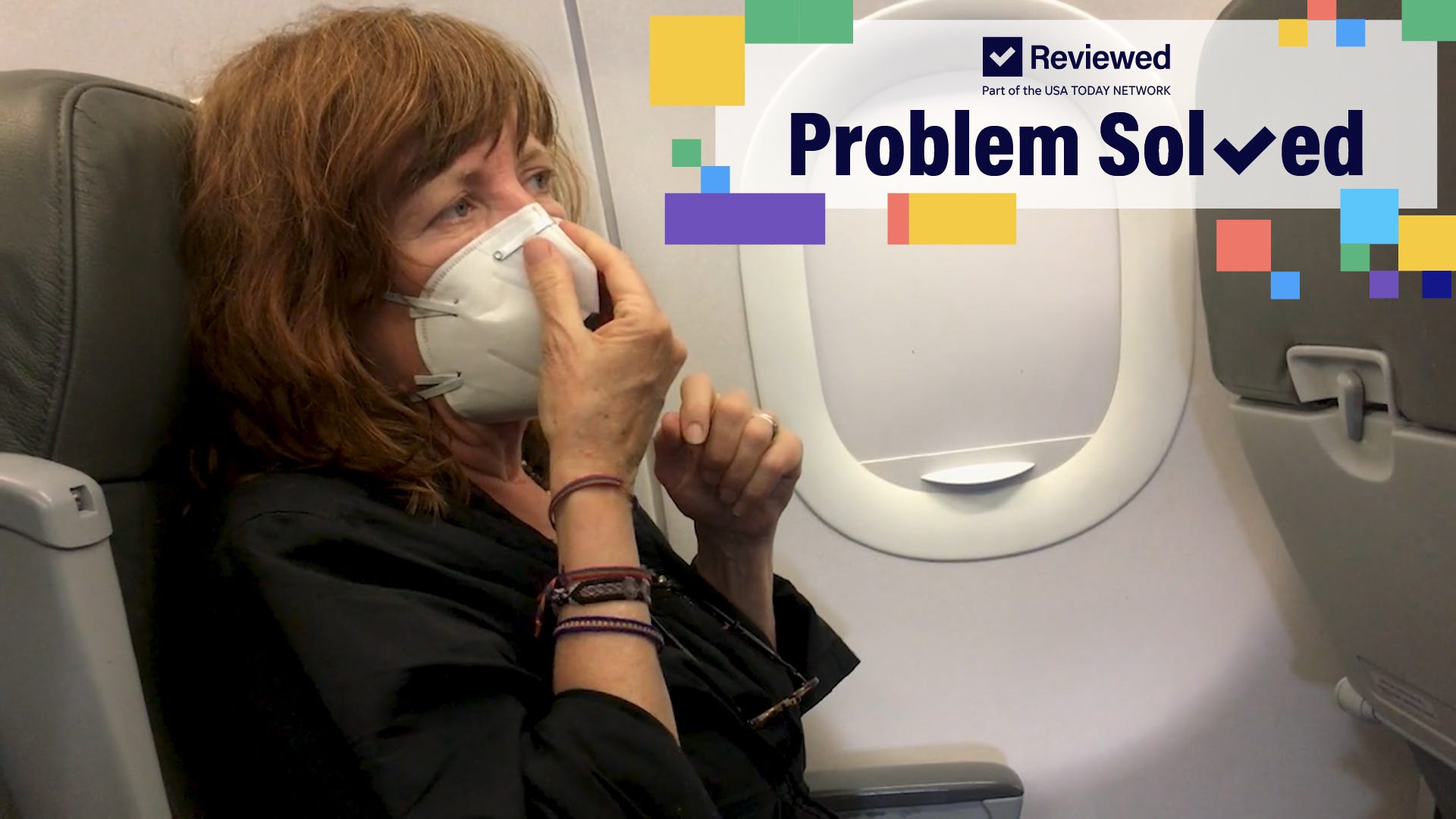Ask the Captain: Do pilots eat airline food? What happens if an aircraft is overloaded with fuel?

Do pilots eat airline food?
– Buffalo, New York
Yes, usually the pilots have the same food as passengers. On long flights there are dedicated crew meals, but they are very similar to the food served to passengers.
My wife's very sensitive to altitude sickness on long-haul flights. Boeing's 787 and Airbus 350 talk of cabin pressures of around 6,000 feet, but do pilots stick to that or go higher to save fuel?
– Pete-flyer, U.K.
The cabin altitude quoted is a maximum service ceiling. This means at the maximum certified altitude 43,000 for the 787 and 41,500 for the A350, the cabin altitude will be 6,000 feet.
It is unusual for an airliner to fly at is maximum altitude, so the cabin altitude would be lower.
An excuse that I've heard several times with ramp delays is: "The aircraft was overloaded with fuel!" I understand the weight and balance of the aircraft is critical. Does this really occur? I have never seen an aircraft offload a fuel load, what is the general procedure?
– John C., Glenshaw, Pennsylvania
Yes, it does occur. The fuel load is calculated on the anticipated number of passengers and cargo. If either changes the consequence is that the fuel load is too much. This is more frequent in the smaller regional jets than in larger jets.
Fuel can be offloaded, but this is rarely done. Usually freight or bags are offloaded until the required weight is achieved.
John Cox is a retired airline captain with US Airways and runs his own aviation safety consulting company, Safety Operating Systems.